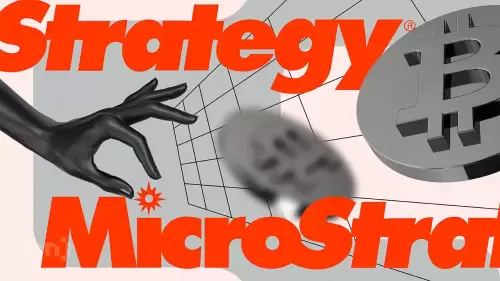 |
|
 |
|
 |
|
 |
|
 |
|
 |
|
 |
|
 |
|
 |
|
 |
|
 |
|
 |
|
 |
|
 |
|
 |
|
Decentralization is the foundation of blockchain technology, promising a more resilient and censorship-resistant alternative to centralized systems. But are the industry's leading protocols as decentralized as they claim to be?

Blockchains are touted as decentralized alternatives to centralized systems, promising greater resilience and resistance to censorship. However, a closer examination reveals that the industry's leading protocols may not be as decentralized as they claim.
Decentralization can be measured along several dimensions. One straightforward metric is the number of entities participating in a network's validation or block-mining process. However, other factors can also enhance or erode decentralization:
The following table compares the degree of decentralization of leading protocols across these dimensions:
Decentralization does come at a cost: the greater the distance between peers, the higher the latency. Latency is critical for validators to complete assigned tasks within a reasonable time frame. Missing these deadlines results in lost rewards for validators, incentivizing them to locate their nodes closer to larger clusters of peers, thereby increasing centralization. Similarly, smaller block sizes or shorter block durations lead to higher centralization incentives.
In essence, many protocols indirectly penalize decentralization by reducing the rewards for those who deploy infrastructure in territories where no one else is present. These pioneers bear the burden of blockchain resilience with no incentive other than the satisfaction of performing a necessary task in a neglected location.
Only a handful of protocols provide some form of predictable and explicit incentives at the protocol level (e.g., higher priority in proposing blocks, increased issuance rewards for participation) to drive network decentralization. In most cases, these incentives are handled as ad-hoc grants or delegations from the protocol foundations to specific network participants.
If decentralization is truly the cornerstone of blockchain's ethos, then the industry must act accordingly. Protocols need to adopt mechanisms that incentivize nodes to operate in diverse jurisdictions, be hosted on independent facilities, and use varied client software (where applicable). Without such incentives, the natural pull of economic efficiency will drive centralization, threatening blockchain's own promise of censorship resistance and resilience.
The future of blockchain lies in networks that are designed to remain decentralized, not by chance or goodwill, but inherently. Let's ensure that decentralization is not merely an aspiration but a tangible, incentivized reality.
Disclaimer:info@kdj.com
The information provided is not trading advice. kdj.com does not assume any responsibility for any investments made based on the information provided in this article. Cryptocurrencies are highly volatile and it is highly recommended that you invest with caution after thorough research!
If you believe that the content used on this website infringes your copyright, please contact us immediately (info@kdj.com) and we will delete it promptly.




























































